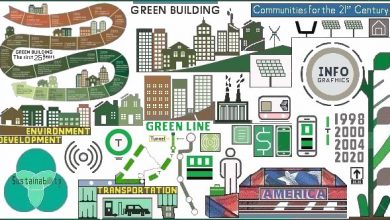
In the advertising of Huawei Mate30 Pro the creators of the video ask themselves the question of how reality will change with the subsequent development of 5G technology? And they demonstrate this by the example of a fusion of traditional Chinese martial arts and e-sports (e-sports, eSports) using one of the flagship phone models of its brand with support for 5G data transmission.
What was the essence of the commercial? A representative of traditional Chinese martial arts and an e-sportsman were invited to fight in the multi-dimensional arena. The participants were located in different parts of China and it took the creation of a virtual 5G environment to ensure the battle. Each of the participants wore virtual reality goggles that carried their wearer to the battle arena. And to ensure direct physical contact, they wore so-called haptic body vests.
So, in virtual reality, there are two participants. One is a fighter monk wearing VR glasses and a tactile vest, and the other is a fully virtual esports fighter that is controlled by him using his Huawei phone.
When a monk hits his completely virtual opponent, the blow is automatically felt by an esportsman several hundred kilometers away thanks to a tactile vest. When an esportsman, controlling his fighter, hits a monk, he, in turn, also feels it thanks to a similar vest.
Similar experiments were carried out many times, but why suddenly it became so relevant again? 5G technologies significantly reduce the cost of creating virtual reality and increase data transfer speed. Thus, users get a completely different level of interaction – new contact with virtual worlds without any delay. And all this even from a mobile phone without the use of bulky expensive gadgets.
I do not doubt that many of our readers now remember with longing the time when it sometimes took not even a few minutes to load the game, but a couple of hours.
However, the pace of change itself is important – they cannot be stopped even by a pandemic and general isolation, as well as the maximum involvement of technology giants in promoting the very concept of transition to 5G. Can consumers live comfortably today without mobile phones and gadgets adapted for 5G, given the fact that there is practically no such content yet? Yes, they can, of course. But tech companies see tremendous economic potential in this transition – which is why the concept of driving a 5G transition has moved from a purely political agenda to pure business.











